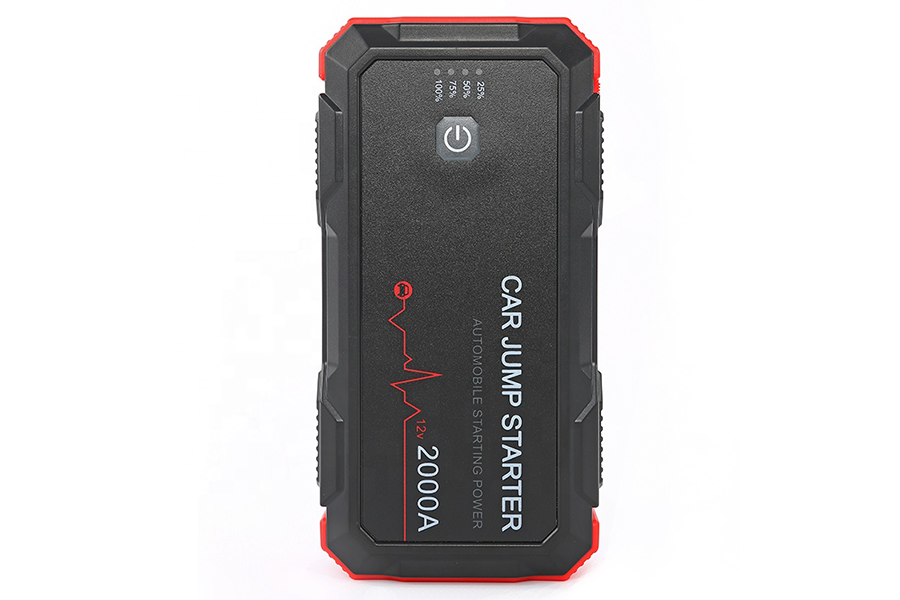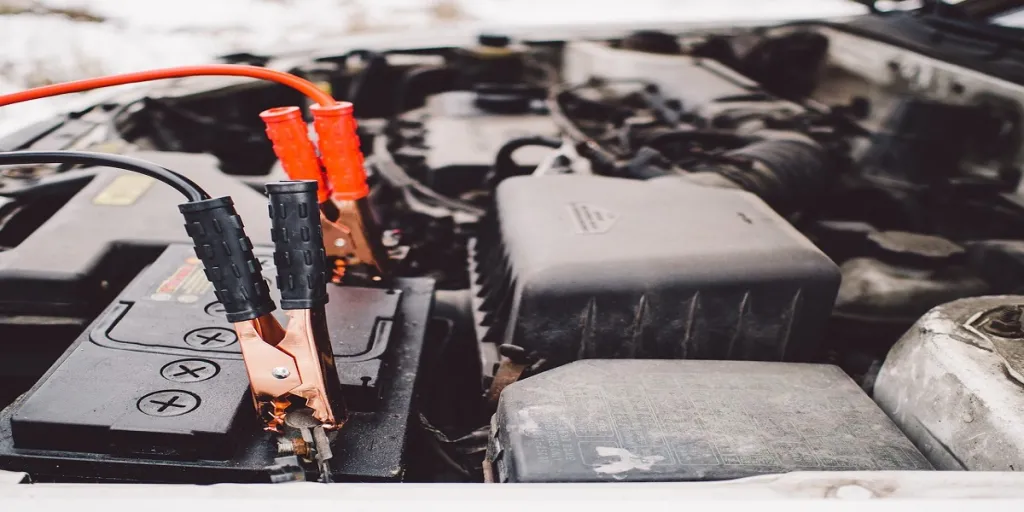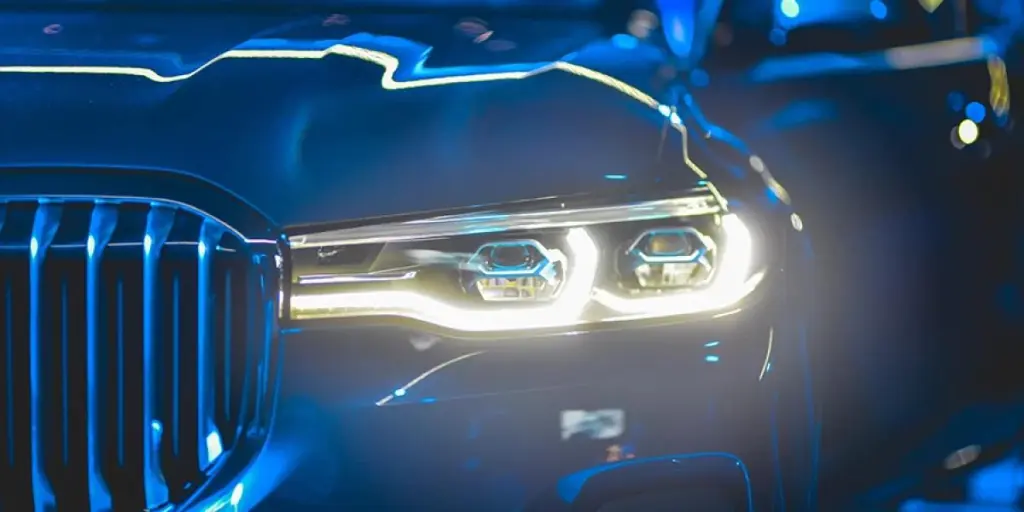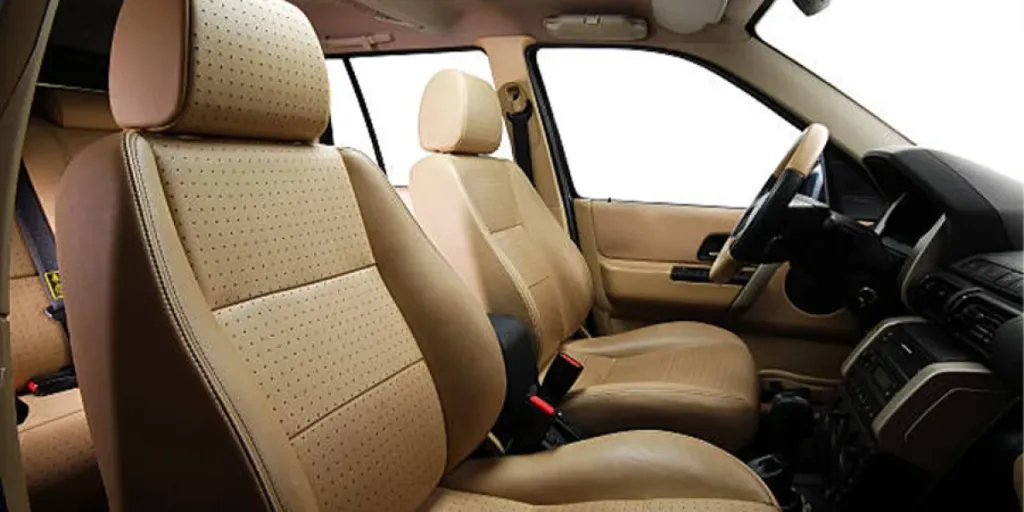Among the things to have in a car is a jump starter. They are very essential in emergencies because drivers can easily fix their stalled vehicles. This guide will outline the key factors to consider when selling jump starters online. It’ll also explain the types of jump starters available in the market. As if that’s not enough, there is a segment on the growth potential of jump starters.
Table of Contents
Demand and market share for jump starters
Factors to consider when buying a jump starter
Types of jump starters
Applications of jump starters
Potential global market segmentation of jump starters
Demand and market share for jump starters
The current market size of jump starters is valued at US$ 884.7 million. This significant figure results from the global expansion in the car manufacturing industry. Jump starters are essential when a vehicle needs to be charged in extreme weather conditions or stranded situations. It is expected that there will be considerable growth in their sale in the next decade. Accidental discharge of batteries and the increasing number of aging vehicles are a few of the factors leading to this growth.
Factors to consider when buying a jump starter
The capacity of the jump starter
Jump starters are essentially battery-storing devices. The industry standard for measuring the capacity of jump starters is mAH (milliampere-hours). A 10,000 mAH jump starter can be suitable for all vehicles because the amperage for a standard 12V car battery is between 50 to 200. The larger the amperage of a jump starter, the more appropriate it is.
Size and type of engine
There are several types of engines, four-cylinder, six-cylinder, and eight-cylinder engines. In addition to this, some engines use gasoline while others use diesel, all of which are standard across the UK, USA, Asia, and Russia. Each of these will require a different jump starter. For example, a gasoline four-cylinder engine requires a 150-250 amps jump starter. A diesel eight-cylinder engine will require a 600-750 amps jump starter. Before purchasing a jump starter, it’s essential to consider the engine type.
Quality of jumper cables
An effective jump starter should have high-quality cables and clamps and be long enough. Copper-coated clamps are the industry standard to look out for. They enhance the safety of the cables.
Battery size and voltage
Most SUVs and ordinary vehicles have 12V batteries. Smaller vehicles and motorcycles can use 6V batteries. Consequently, a standard jump starter will range from 6 volts to 12 volts and be sufficient for any vehicle. A jump starter of 24 volts will be required for large vehicles and trucks.
Multifunction and extra accessories
An excellent consideration to watch out for are extra accessories that come with a jump starter. Besides the ability to jump-start a vehicle, a jump starter can come with a flashlight, additional charging ports, an LCD screen, and an air compressor. These are handy in an emergency.
Types of jump starters
There are two main types of jump starters, lithium-ion, and lead-acid jump starters. They are different in the mode in which they store energy.
Lithium-ion

Features:
- They are smaller and hence more portable.
- They use lithium-ion technology.
Pros:
- They have a longer lifespan.
- They retain their charge for longer when not in use.
- They charge faster.
- They transmit power quicker.
Cons:
- They are costlier to acquire and maintain.
- They are not safe to use at higher temperatures.
- They cannot be used to jump-start large vehicles.
Lead-acid

Features:
- They make use of lead-acid technology to store energy.
- They have been widely adopted since they were the first battery technology used.
Pros:
- They are cheap to manufacture and maintain.
- They are very reliable.
Cons:
- They are heavy and bulky.
- They take longer to charge.
Applications of jump starters
Every vehicle owner should consider having a jump starter in their vehicle. Below are some of the applications for jump starters.
- They not only help out during car breakdowns and stranded situations, but they are also convenient during emergencies.
- They have additional features such as USB charging ports, an air compressor, and a flashlight, which can come in handy.
Potential global market segmentation of jump starters
The global size of jump starters is expected to rise to US$ 1555.4 million by 2026, with a CAGR of 8.3%. Regionally, it is expected that the Asia Pacific region will lead this growth, followed by the North American and European regions, which have a 30% market share. The major driving force for jump starter sales will be the automotive industry, which already accounts for 80% of the sales. The lithium-ion jump starter is expected to account for 91% of total global sales by type.
Conclusion
This guide has touched on the essential points before selling jump starters online. Among the topics covered are the factors to consider before acquiring a jump starter and the types of jump starters available. This guide has also mentioned standard features, accessories, global demand, and market share of jump starters. Lastly, it has covered their global market segmentation.




